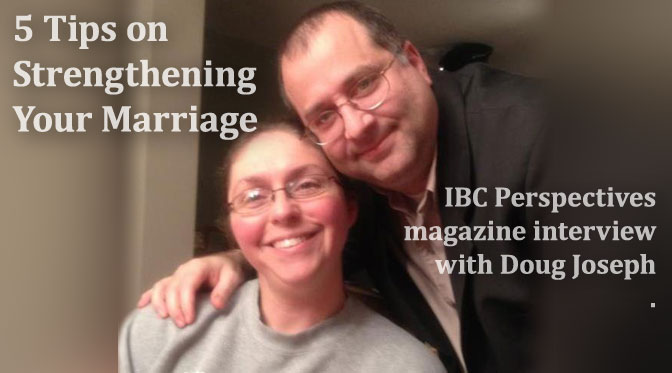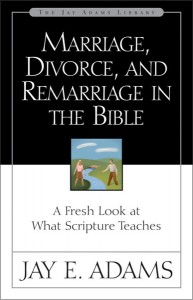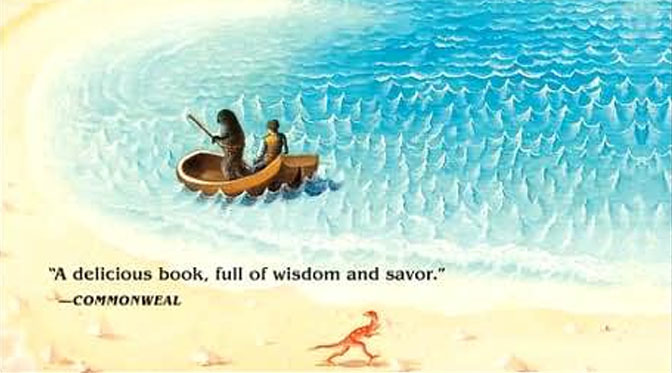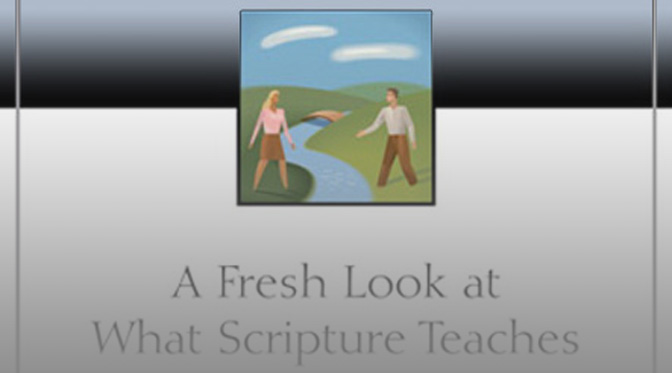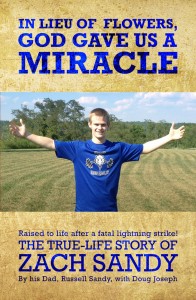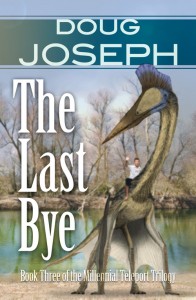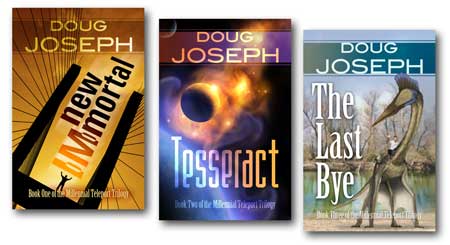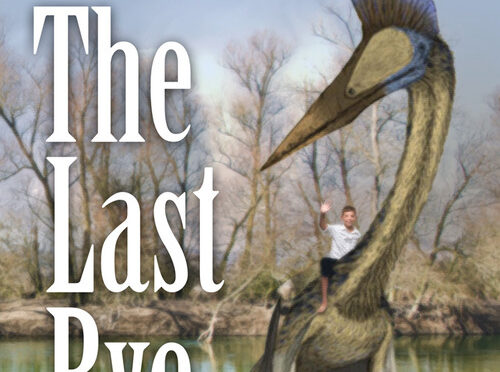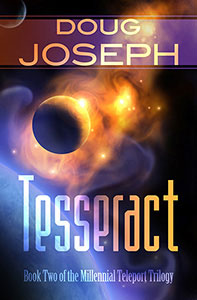The following is an excellent piece of writing regarding the federal government’s supposed power to impose “reasonable restraint” on the right of the people to keep and bear arms. This alleged power of limitation/restriction has now become a mantra of many. When I first saw the excerpt (below) today, it was unattributed. So, I went looking for the name of the author(s). It’s apparently excerpted from this book:
The Bill of Rights Does Not Grant You Any Constitutional Rights
By Robert Greenslade and Claude Ellsworth
Published in 2007 by Nitwit Press
https://amzn.to/2EsT8n5
Below is the excerpt, with which I could not agree more. Please see my additional comments below the excerpt.
Supporters of the Amendment claim they have a constitutional or Second Amendment right to keep and bear arms. Opponents counter that even if that were the case, the federal government was granted the general power to place restraints on the right. Both of these assertions are based on a misconception concerning the intent of the document known as the Bill of Rights.
When the Bill of Rights was submitted to the individual States for ratification, it was prefaced with a preamble. As stated in the preamble, the purpose of the Amendments was to prevent the federal government from “misconstruing or abusing its powers.” To accomplish this, “further declaratory and restrictive clauses” were being recommended. The Amendments, when adopted, did not create any so-called constitutional rights or grant the federal government any power over individual rights; they placed additional restraints and qualifications on the powers of the federal government concerning the rights enumerated in the Amendments.
If the Second Amendment is read through the preamble, we find it was incorporated into the Bill of Rights as a “declaratory and restrictive clause” to prevent the federal government from “misconstruing or abusing its power” to infringe on the people’s right to keep and bear arms.
Another way to understand the original intent of the Second Amendment is re-write it through the preamble:“Because a well-regulated Militia is necessary to the security of a free State, the federal government is expressly denied the power to infringe on the people’s right to keep and bear Arms.”
The preamble and original intent of the Amendments has been suppressed by the institutions of government because it would expose their usurpation of power and perversion of Amendments contained in the Bill of Rights.
By advancing the myth that the Amendments grant the American people their individual rights, the federal government has been able to convert enumerated restraints and qualifications on its power into legislative, executive, judicial and administrative power over individual rights. The federal government claims it was granted the constitutional authority to determine the extent of the individual rights enumerated in the Amendments and/or impose “reasonable restraints” on those rights. This assertion is absurd. The federal government does not have the constitutional authority to ignore, circumvent, modify, negate or remove constitutional restraints placed on its power by the Amendments or convert them into a power over the individual right enumerated in the particular restraint.
A denial of power or an enumerated restraint on the exercise of power is not subject to interpretation or modification by the entity the restraint is being imposed upon. The restraints imposed by the Amendments, which were adopted 4 years after the Constitution was ratified, override the legislative, executive, judicial or administrative powers of the federal government. If this were not the case, then the restraints would be meaningless because the federal government could simply circumvent, modify or remove them. Why would the States have requested and adopted enumerated restraints on federal power, subsequent to their ratification of the Constitution, if the federal government possessed the authority to nullify them?
When the federal government infringes on one of the rights enumerated in the Bill of Rights it is not violating anyone’s constitutional rights; it is violating the additional restraint or qualification placed on its power by the particular Amendment where the right is enumerated. The distinction between rights and restraints is critical. [The right is not given by the Federal Government. Our rights are given by God and are inalienable. Therefore, they can’t be limited or taken away.]
As stated in the Declaration of Independence, the American people have unalienable rights that come from a higher source than government or a written document. By acknowledging that people have natural rights, which are bestowed by a creator, the Founders laid the foundation for the principle that government does not have the lawful authority to take away or infringe on those rights. This principle was incorporated into the preamble and structure of the Amendments to secure individual rights from government encroachment; that is why they were designed and imposed as restraints on the exercise of power.
If the individual rights of the people had been created by the Constitution or an amendment to the document, then they would cease to be unalienable because the right would depend on the existence of a document. If the document or a provision of the document disappeared, so would the right. The belief that individual rights were created by a written document has opened the door for the federal government to claim the power to define the extent of any right enumerated in an Amendment. This has transformed constitutional restraints placed on federal power into subjective determinations of individual rights by the institutions of government. By failing to understand the difference between amendments that create rights and amendments that impose restraints on government, the American people are watching their individual rights vanish as they are reduced to the status of privileges bestowed by government because the constitutional restraints placed on federal power are being replaced by government decree.
Opponents of the Second Amendment always try to diminish the right enumerated in the Amendment by asserting that rights are not absolute. This is just another straw man argument because the Amendment is about imposing a restraint of the powers of the federal government concerning a right: not granting a right or defining the extent of a right. In addition, a review of the Second Amendment shows that the restraint imposed by the Amendment does not contain any exceptions.
To all the gun grabbers… You got that?
The only things I would add now are:
Given that mass-murder of US civilians by US government agents has happened numerous times already, even with the right to bear arms, it’s clear that law-abiding civilians should have access to the best weapons available to anyone (military or civilian). The primary function of our right is the ability to defend against government gone bad (i.e. not just hunting or sport shooting).
For those so clueless about history that you doubt this fact, here are just a few examples.
In 1993, US Attorney General Janet Reno ordered a brutal assault by federal agents on a religious group’s complex in Waco, Texas. The attack ended a 51-day siege that had started when an earlier raid had led to the deaths of six (6) Branch Davidians and four (4) federal agents. The governmental assault caused a massive fire that led to the horrific deaths of almost all the victims. Many innocent people, including defenseless children, became collateral damage.
The Waco fiasco was caused by an earlier government assault at Ruby Ridge, when in 1992, agents killed a boy who was hunting with his dog and a government sniper shot an unarmed woman. This assault led to not only the Waco disaster, but also the Oklahoma City bombing of a federal building.
Other instances include the siege at Wounded Knee in 1973, and the bombing of the headquarters of another religious group, the Philadelphia-based black nationalist MOVE group, in 1985.
Furthermore, historical evidence indicates that in the understanding of the framers of the Constitution, the term “militia” was not a force composed of people “other than civilians” but rather it referred to all able-bodied civilians. “The people” and the “militia” are one and the same. The civilians in general are the people who are to be armed and ready to serve as a militia if needed. To be an effective militia, they would, of course, need to have been able to “keep and bear” so-called “military grade” weapons.


